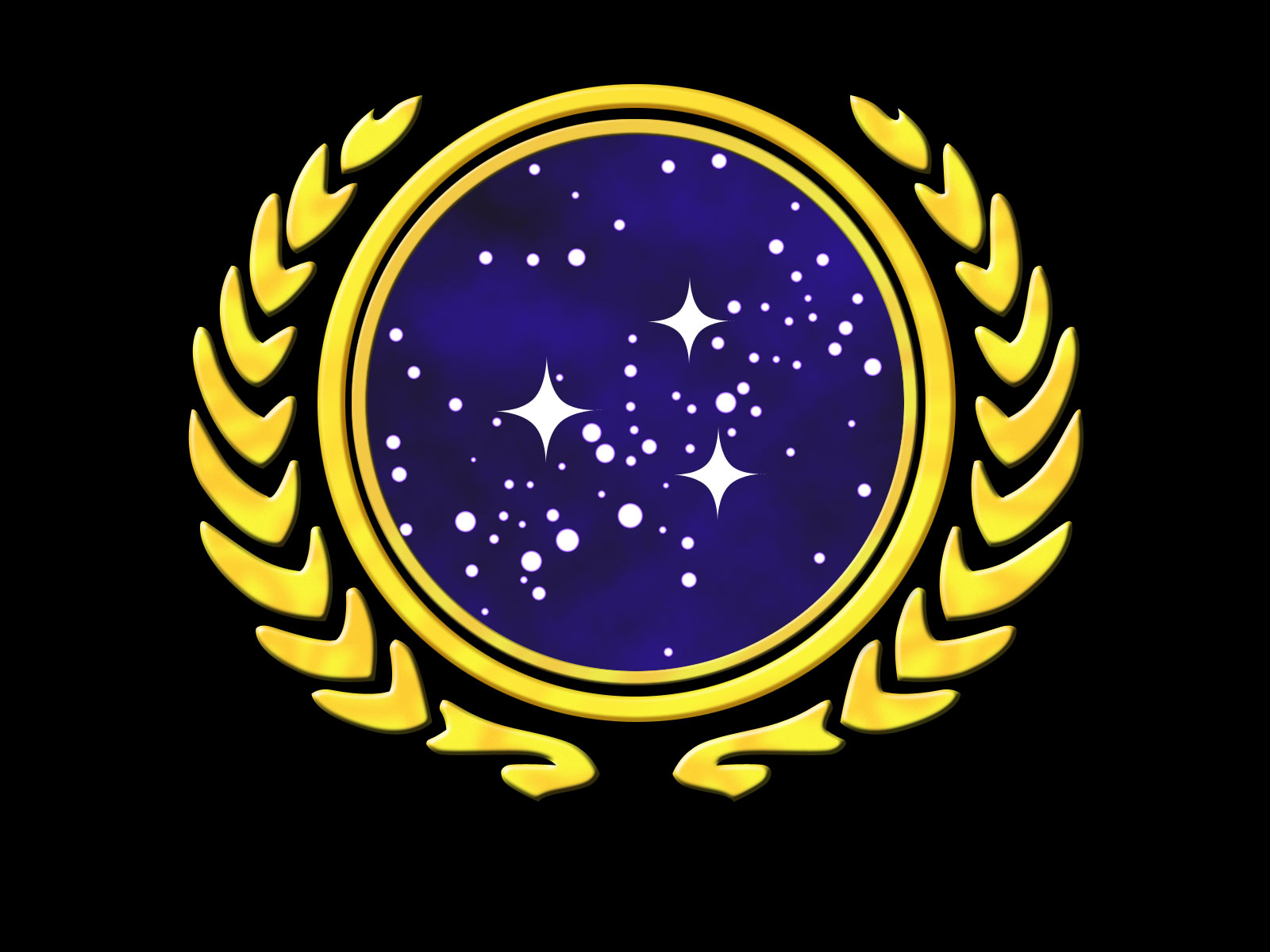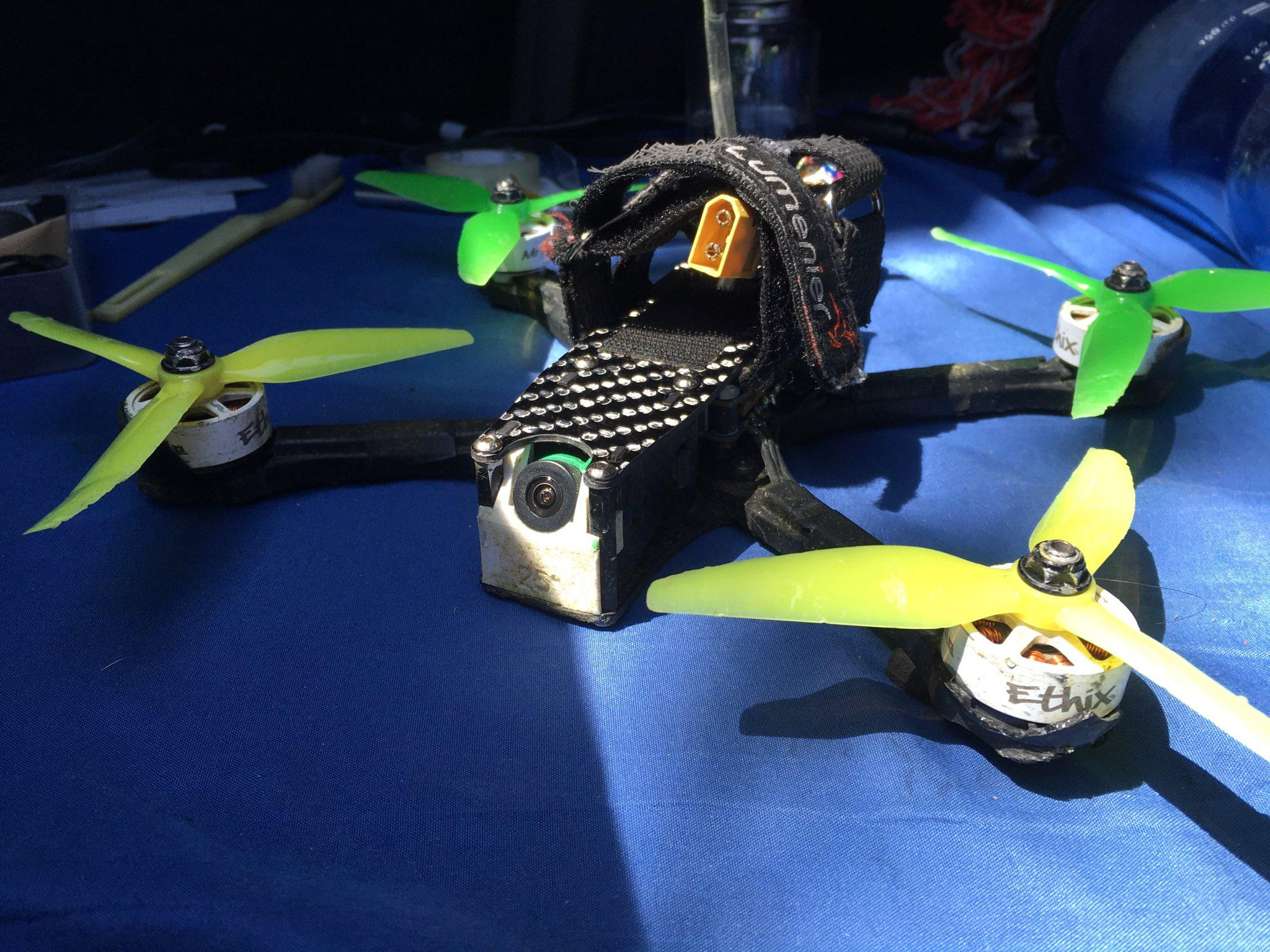Edit: I meant specifically humans.
During the bubonic plague there was a gene mutation that made people less likely to die from the plague, but unfortunately it causes more autoimmune problems:
Killing a third of the population is a pretty good way to speed up the process, I guess.
deleted by creator
My wife is Asian, and she will get very nauseous or even throw up before she will get buzzed.
Do you mean in humans or animals?
If you mean plants I’d say it would be pretty hard to tell what wasn’t the result of some form of selective breeding at this point.
I’ll edit the post, I meant humans
That’s an important distinction to make, since microbes evolve so fast that we have a hard time keeping up with their antibiotic resistances. Plants and animals change all the time, but it is a lot slower due to slower reproduction cycle. Humans, elephants and whales change too, but it just takes a while for us to notice it.
Not necessarily. We have found some preserved remains of smaller animals, and we also have some current animals to compare to. For the simplest example, we can compare dog breeds to wolf breeds to find out that dogs have had an increased amount of pancreatic Amylase genes since domestication (which is also one of the factors behind them getting more cases of diabetes).
https://www.ncbi.nlm.nih.gov/pmc/articles/PMC4329415/
The problem for humans tho, is that there’s no longer any intermediate species around to compare to, and our best preserved individuals are from the last 5000 years or so. For the record, a few years back a cryopreserved domesticated dog was found in siberia and it’s 4 times older.
Watermelons used to be only 50mm in diameter and tasted very bitter. You had to hit them with a hammer to crack em open. Circa 3000 BC
That’s not really natural selection though, is it?
It is, if you count humans as part of nature, which they are in respect to natural selection.
Flowers and blossoms are selected by their attractiveness to bees and other insects. Apples were selected by their attractiveness to bears (yes, bears where the first to domesticate apples). And watermelons were selected by their attractiveness to humans.
Only GMOs don’t fall into the category of natural selection.
deleted by creator
I don’t think so, at least in the context of natural selection.
GMOs for example are certainly not part of natural selection.
deleted by creator
That’s true if you talk about nature as such. I was just talking about the selection part.
The thing is that there are quite a few species that “domesticate” other species. And while doing so, they conciously select for the specimen that best fits their needs.
Bears domesticated apples, selecting for the biggest aand sweetest, thus apples evolved from small and bitter to a bit larger and sweeter.
Ants farm aphids and also there they select for those that yield the most milk.
The big difference between humans and animals is that we form much more of these symbiotic relationships.
No, but it is evolutionary
It’s artificial selection, still a process that drives evolution. Just drives it a lot faster.
A human watermelon?
Evolution can happen very quickly for species that go through their lifecycle quickly. Diseases and microorganisms evolve very quickly for example.
Looking at agriculture specifically, domesticated animals and crops would have evolved in a particular way that’s good for food production.
If humans specifically, there are dietary changes (ex. for digestion).
Were you looking for a specific type of animal?
Yes there has been enough time for changes to occur, but because we humans are so widespread and mix at a ridiculous rate, you are unlikely to see many obvious changes for a long time. People from a population with a certain amount of traits will mix up with people with different traits, and because the environmental pressures are not homogeneous or stressful enough, there isn’t a dominant trend in evolution you could see today.
Unless- and I’m not sure about these because I never checked if myth or fact- it is true that humans were shorter a few centuries ago? And what about the much debated IQ increase each generation?
One thing that evolved…wisdom teeth. Or at least the shrinking of our jaw that creates the conditions of not having enough room for wisdom teeth. Some people like myself were born without wisdom teeth. Since we aren’t grinding up random roots and undercooked meats along the occasional rocks anymore, we don’t need big strong jaws as much. So we started evolving smaller jaws since the advent of agriculture.
Depending on your age, you might just be a late bloomer. My friend just got hers at 36.
No, I asked my dentist that one day. I was 32 and wanted to know when my wisdom teeth were going to come in because I was terrified about getting more major dental work done. He showed me on the xrays that I literally don’t have any.
Honestly. Count yourself lucky. Contrary to their name. They are fucking dumb.
I have three wisdom teeth. Luckily for me, my mouth has space for them, and they’re not in any danger whatsoever.
Prominence of lactose tolerance maybe? Most animals are lactose intolerant and countries that produced a lot of dairy, the people became tolerant of it.
This makes a lot of sense. Animals turn grass into milk. Think what an advantage it is to be able to drink it. Suddenly you can live on grass. I’m sure in lean times this could easily make a life or death difference.
Allegedly, overbites are a result of humanity using utensils to eat.
It’s been long enough, but we’ve kept it from happening as much as it would in nature. By keeping people who have genetic traits deemed “undesirable” alive and breeding, we’re effectively keeping those traits which would otherwise die out with the carriers of those genes.
Don’t get me wrong, I much prefer having a society that doesn’t just let people die from diabetes or refuse to have offspring with dyslexic people or any such eugenics cruelty! 😂
This is a common misconception. These traits are not likely due to modern medicine (which is very, very new compared to the scale of human evolution). The environment plays a big role, but there is always a distribution of traits in a normal population, some good, some bad. Not to mention that what we might be self-selecting for must change very rapidly as civilizations rise and fall, preferences shift like the winds, and ethics rapidly evolve. I think this misconception can be dangerous, because of what you mentioned. Eugenics.
Again, I specifically said that I prefer to have a compassionate society over a (maybe) genetically superior one that practices eugenics. The tradeoff is unquestionably worth it and you’d have to be very callous to disagree.
Also, I never said that medicine was the sole reason. On the contrary, I said that it’s social society (which medicine is one of many results of) as a whole and a general disposition towards keeping your loved ones alive even if they can’t hunt. That’s much older than medicine. It’s literally a cornerstone of what a society is.
I hear you, but genetic change at the level of these diseases and traits can take on the order of hundreds of thousands of years or more to accumulate into meaningful trends. Social society is a part of that process, in the way it might be for other social animals. If social dynamics tend to result in communities harboring vulnerable individuals, then there is probably some selective advantage to that behavior, not the other way around.
Booze.
Origins of Human Alcohol Consumption Revealed
One model for the evolution of alcohol consumption suggests that ethanol only entered the human diet after people began to store extra food, potentially after the advent of agriculture, and that humans subsequently developed ways to intentionally direct the fermentation of food about 9,000 years ago.
OTOH, I’ve watched videos of monkeys supposedly drunk on naturally fermented fruit from the first floor. It’s not the same level of alcohol or anywhere near as regular, but alcohol is a thing in nature.
I’m probably just being pedantic and you meant calorifically significantamounts of alcohol on a regular basis.
Yeah, exactly. From the article, it’s theorised that we got some tolerance early on, like ape ancestors, and then selected for higher tolerance along the way post agri. Interestingly, and somewhat intuitively, there are some papers examining the opposite now, that people in the last 200 years are evolving to lack the gene that allows us to processes acetaldehyde (drinking byproduct) specifically because too much drinking is harmful (and can harm reproduction).
“Evolution” is a broad term, and human evolution definitely includes cultural evolution — the evolution of Richard Dawkins called “memes.” A meme (in that sense) is anything that is taught to others or learned from others: how to make a musical instrument from a read, how to play some particular tune, how to dance a particular dance, and so on. Obviously, there are MANY things one can learn/teach in a community, so natural selection enters the picture, with some ideas/skills becoming prevalent while others wither away. Evolution of cultural knowledge is so rapid that it can be observed: evolution in clothing style, music, language, ways of organizing, and so on.
But I think you are talking about the evolution of our physical bodies. Lactose tolerance seems to be a recent evolutionary change, still not well distributed among humans.
Do you mean a change because of agriculture, or just since Agriculture? This would mean within the past 10000 years was there any significant genetic differences. I don’t think we have a good way to know if any new Genes existed after the invention of agriculture, because we haven’t got full genomes yet from humans that long ago
This is a very interesting thread! Thanks for asking the question, OP.









